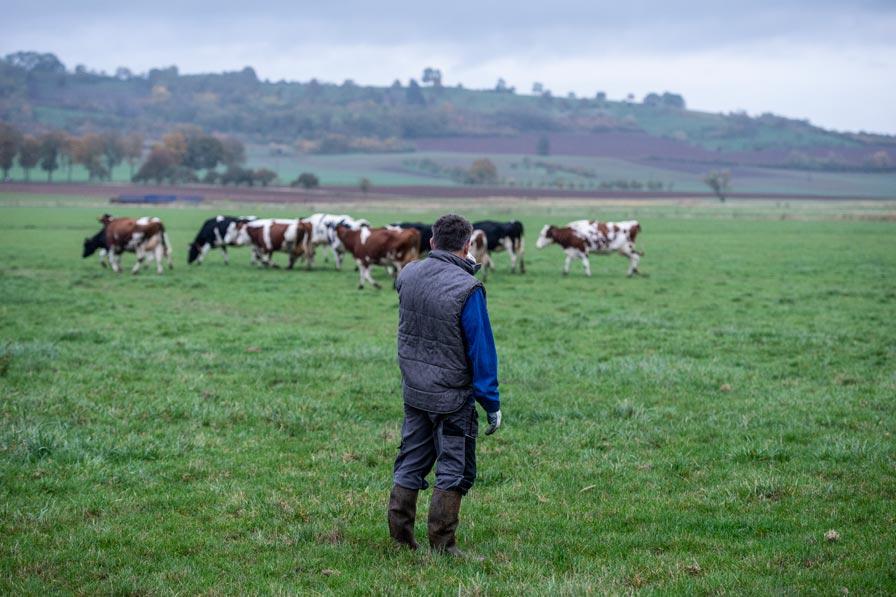We are providing additional income to farmers

Farmers’ incomes are subject to many uncertainties, for example, price fluctuations in raw materials, changes in consumer habits, climate risks, etc. With renewable gases, we are providing them with a solution to these financial concerns, while enabling them to participate in the energy transition.
Faced with these multiple risks, farmers are forced to develop different strategies to stabilise their incomes. Some avenues for diversification include getting involved in local supply chains, redefining the nature of their farm or developing related business activities, such as farm tourism. Anaerobic digestion and recovering agricultural by-products is another possible avenue for them.
For farmers, this type of project can be developed as either a “farm-based” agricultural biogas plant, which can be an individual unit or a collective unit that covers several farms, or it can be a anaerobic digestion unit run by a mixed group. A mixed group could include farmers and/or other stakeholders (local authorities, agricultural cooperatives, non-agricultural companies, etc.). If farmers remain the majority shareholders in these mixed projects, the anaerobic digestion unit is still considered as an agricultural unit from a legal standpoint.
It should be noted that nearly 60% of the anaerobic digestion units in service, being injected into the system in France, are currently concentrated in the Grand Est, Île-de-France, Hauts-de-France and Brittany.
Short, medium, and long-term economic benefits
Anaerobic digestion is a real opportunity to transform the agricultural model by diversifying income and implementing a circular economy policy. Farms are becoming entities that are more financially sound, more environmentally friendly, and therefore, they are good investments that can spread the economic and ecological value that they create.
They also make it possible to better manage livestock effluent and biomass by-products. On almost half of the farms that use anaerobic digestion, the use of synthetic fertilisers has been reduced, and for three quarters of them, their nitrogen balance has improved significantly1.
Additional income
Thanks to government support mechanisms, biomethane production provides farms with a new, stable source of funding and better long-term profitability. Farmers benefit from guaranteed income for 15 years via contracts establishing purchase prices that are set by the State.
Non-relocatable jobs are being created
Inkeeping with the idea of a circular economy, renewable gas production also creates jobs. The biomethane sector generates on average 3 to 4 non-relocatable local jobs per installation, solely in operation and maintenance2.
Anaerobic digestion therefore provides sustainable solutions to the societal and environmental challenges that we are facing while also consolidating farm resources. Beyond the financial dimension, farmers also assume another role: they become committed stakeholders in the energy transition. They are adding value to organic matter, the are improving energy autonomy, reducing greenhouse gas emissions, stimulating job creation, improving the regions’ image via local consumption of renewable gas, etc. Thus, a new link is being developed between farmers and society.
1 Determinants and measure of agricultural revenue from anaerobic digestion and the position of farmers in the Biomass-energy value chain. Scientific report for the Ministry of Agriculture and Food 2020
2 Impact study of the biogas sector on employment in France from 2018 to 2030. July 2019, In numeri, Smash

